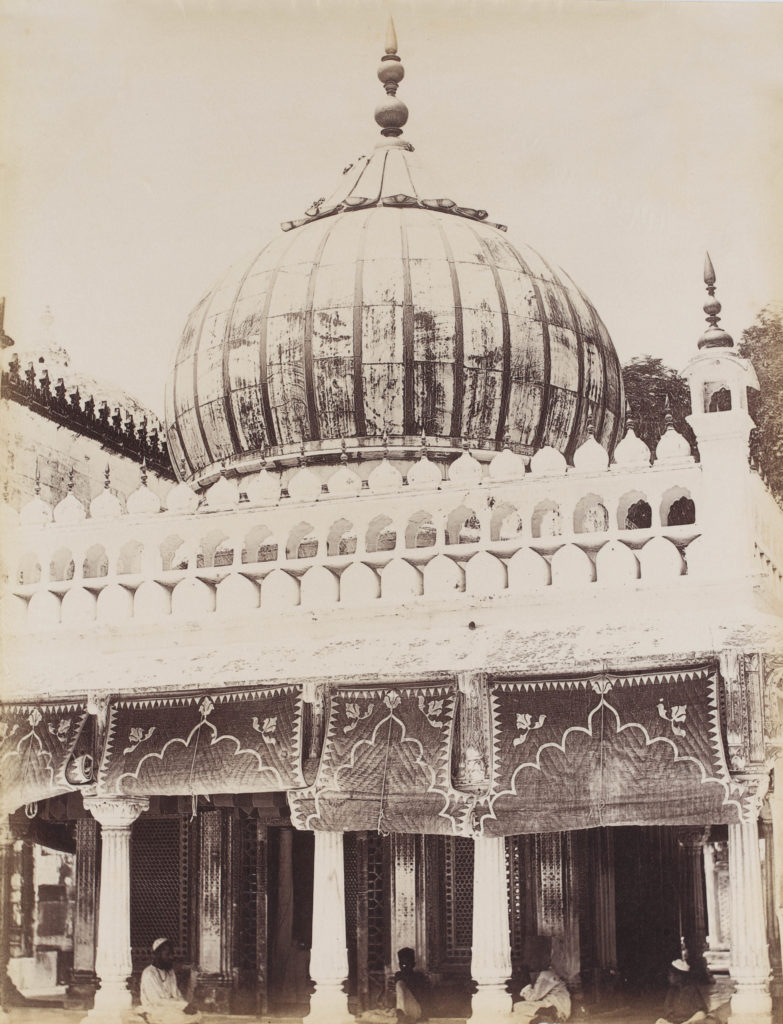FWP:
For background see S. R. Faruqi's choices. This verse is NOT one of his choices; for the sake of completeness, I have added it myself. For more on Ghalib's unpublished verses, see the discussion in {4,8x}.
This was apparently an earlier closing-verse, omitted from the divan in favor of {141,7}. In this case it's easy to see why Ghalib might have made such a choice, for he replaced this uninspired closing-verse with a superb one.
If only faqīroñ kā māl were some kind of idiom or colloquial expression! Then a case could be made for the verse's having at least a bit of a punch. But as far as I can tell, it's not. I can't think of anything to say beyond what the commentators have said.

Asi:
Oh Asad, do not withdraw your side from sorrow and grief, and don't save/spare your heart. Rather, make it an endowment for pain, because it is the property of faqirs, and an endowment is no one's possession. That is, as far as possible; through sorrow and grief is the existence of the heart.
== Asi, p. 219